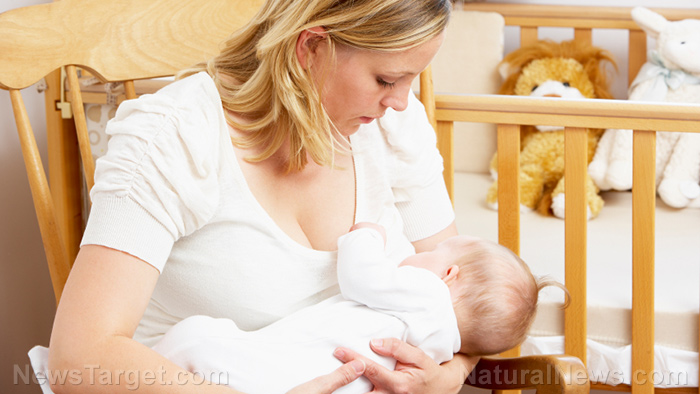
A team of researchers from King's College London, Harvard University, University of Bristol, and McGill University assessed whether prolonged and exclusive breastfeeding lowered the risk of asthma, atopic eczema, and low lung function in adolescence. In the study, published in the Journal of the American Medical Association (JAMA) Pediatrics, they analyzed data from a total of 13,557 teenagers aged 16 from Belarus, all of whom were enrolled in the Promotion of Breastfeeding Intervention Trial (PROBIT). The PROBIT study initially recruited 17,046 mothers and their newborn babies from June 1996 to December 1997.
The researchers studied 31 maternity hospitals and one outpatient clinic associated to each hospital. These participating institutions were randomly assigned to either take part in a breastfeeding program or not. Breastfeeding programs trained nurses, midwives, and doctors to promote and support mothers to breastfeed their babies. The researchers then followed up with the babies until they reached adolescence to determine the effect of supported breastfeeding to their lung function, asthma, and eczema. The participants were tasked to answer surveys on the three health issues. In addition, the researchers conducted a skin examination for eczema, and a breath examination for lung health.
"PROBIT, the largest randomized trial ever carried out in the area of human lactation, continues to yield scientifically and clinically important information more than two decades after its inception," said Michael Kramer of McGill's Faculty of Medicine and the Research Institute of the McGill University Health Centre (RI-MUHC), the lead investigator on the PROBIT study.
The findings of the study revealed that children whose mothers received support to breastfeed exclusively for a sustained time from birth had a 54 percent lower risk of eczema at the age of 16. However, there was no association between breastfeeding and the risk of asthma. Eczema is a skin condition that causes the skin to be itchy, dry, cracked, sore, and red. About one in every five children and one in 10 adults suffer from eczema.
"The [World Health Organization] WHO recommends between four and six months of exclusive breastfeeding to aid prevention of allergy and associated illnesses. Our findings add further weight to the importance of campaigns like the Baby-Friendly Hospital Initiative (BFHI), which is tackling low rates of breastfeeding globally," Carsten Flohr, lead author of the study, explained.
Moms who breastfeed longer will become more attentive mothers
Breastfeeding does not only benefit the babies, but also the mothers. A study revealed that women who breastfeed for longer will continuously become more attentive mothers up to 10 years, as reported by The Daily Mail. (Related: Breast-milk is the elixir of human life.)
Researchers from Boise State University examined data from 1,272 families who took part in the National Institute of Child Health and Human Development's Study of Early Child Care. They measured maternal sensitivity by the timing of a mother's responsiveness to her child, her emotional tone, how flexible her behavior was, and her ability to recognize her child's cues by conducting interviews and videotaping participating families in the homes until the child turned 11 years old.
“It was surprising to us that breastfeeding duration predicted change over time in maternal sensitivity,” said Jennifer Weaver, lead author of the study.
The study, which was published by the American Psychological Association, suggested that the time spent breastfeeding helps develop the relationship of the child and mother.
“Ultimately, I do hope that we will see breastfeeding examined more closely as a parenting factor, not just as a health consideration, to allow us to more fully understand the role that breastfeeding plays in family life,” Weaver expressed.
Find out more health benefits of breast milk at AlternativeMedicine.news.
Sources include:
Please contact us for more information.

















